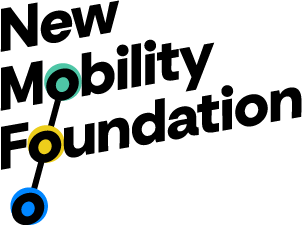Humans are social creatures. Isolate us from the herd, and we end up on a path that leads to loneliness, depression, and a loss of self-confidence. Social interactions are crucial for our well-being and mental health. They provide support, joy, and a sense of connection. Access to social activities and networks is essential, and mobility should never be an obstacle in this regard.
The Reality of Mobility Poverty in a Social Context
Unfortunately, the reality is different. Mobility poverty has a significant impact on social participation. This has far-reaching consequences:
-
Limited Social Activities: Many people do not choose their social activities based on what they enjoy, but on what is accessible in terms of mobility. This limits their opportunities to participate in social events, hobbies, and community life.
-
Loneliness and Isolation: People facing mobility poverty often experience an increased sense of loneliness and isolation. A lack of transportation options can prevent them from visiting family and friends or attending social gatherings.
-
Public Transport Cuts: Regions that are already struggling often face cuts in public transportation. This increases isolation and limits the social choices people have, further restricting their access to social networks.


